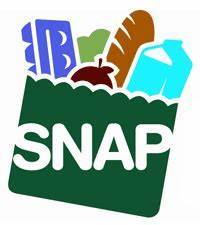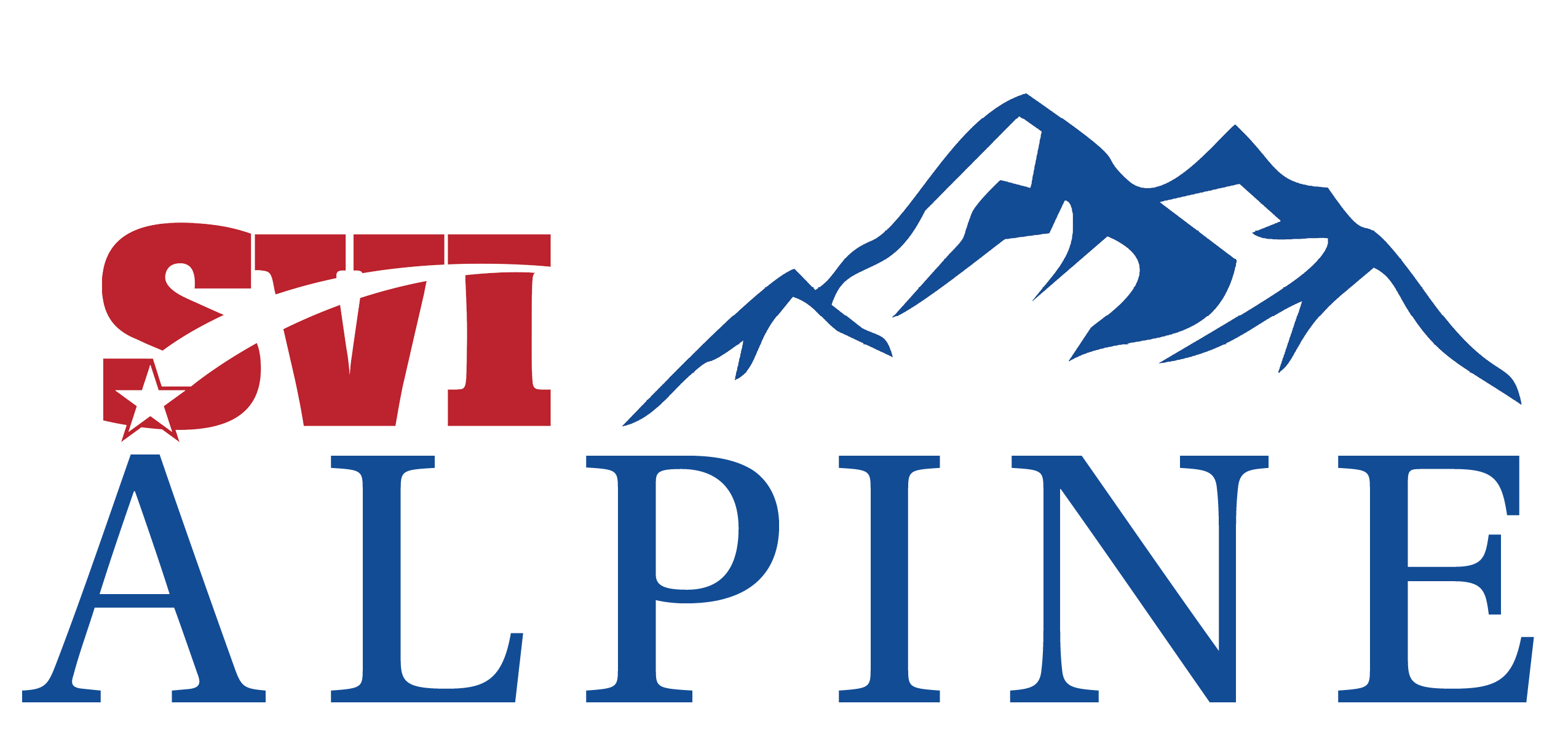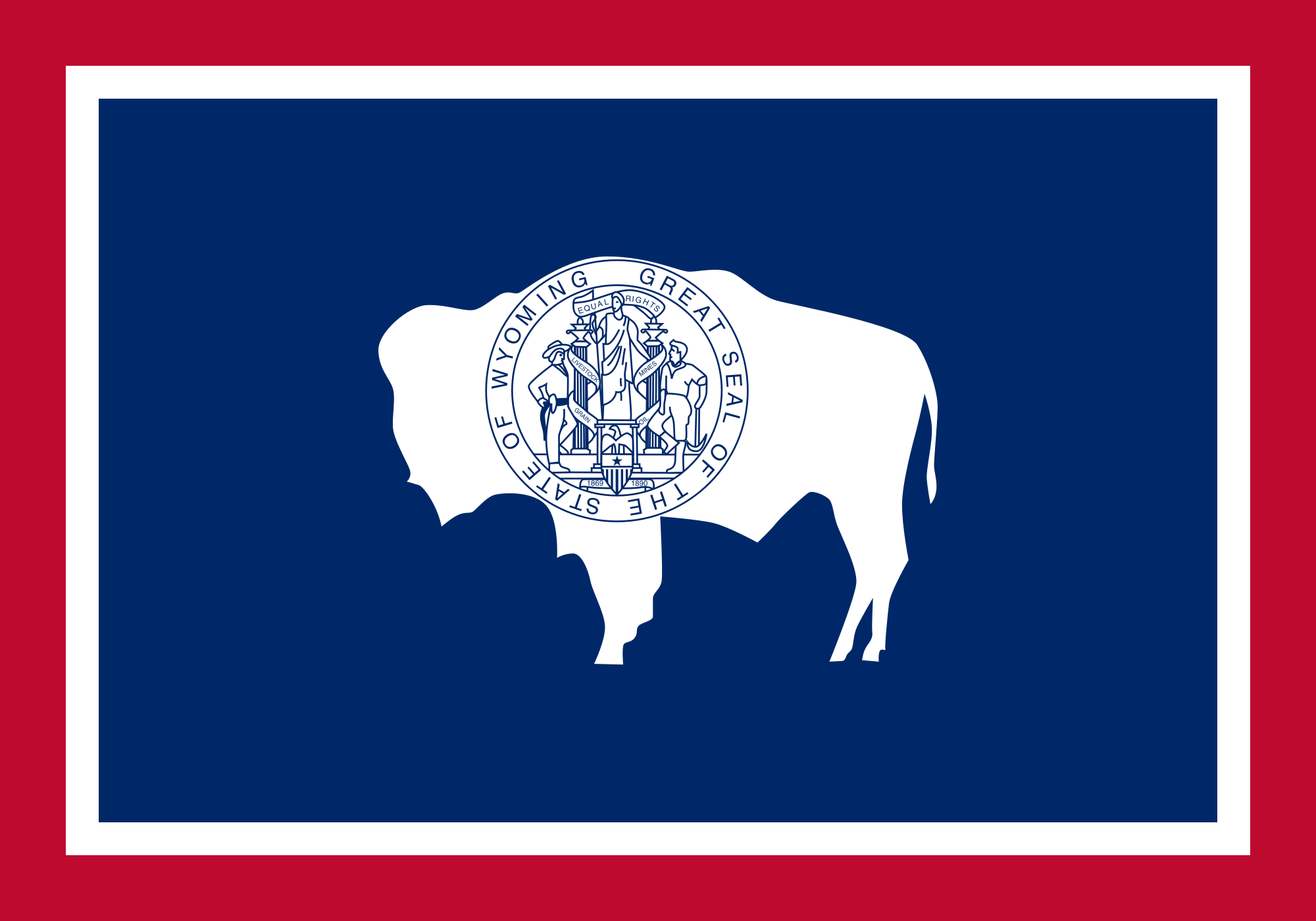SNAP-Ed program snapped away by federal cuts
By Wyoming News Exchange
August 8, 2025

• Cent$ible Nutrition programming to change to quadrants not counties
By Kat McMahon
Northern Wyoming News
Via- Wyoming News Exchange
WORLAND — For more than 30 years, Wyoming’s Supplemental Nutrition Assistance Program Education provided free nutrition-based education for people of all ages. However, recent federal legislation has eliminated funding for the program, effective Sept. 30.
The program’s goal was to empower those with limited resources, teaching them how to make good dietary decisions while maintaining a budget.
SNAP-Ed was offered through the University of Wyoming Extension’s Cent$ible Nutrition Program.
“Currently CNP provides programming in every county in Wyoming and the Wind River Indian Reservation. With the loss of SNAP-Ed funds, CNP will have to end programming, including its community engagement efforts, in most of Wyoming,” according to a press release issued by the University of Wyoming Extension. “CNP will continue in a limited capacity through the Expanded Food and Nutritional Education Program grant, focusing on nutrition education classes.”
Angela Michel, who has been the Washakie County Cent$ible Nutrition Educator since 2019, said that the plan is to divide the state into quadrants, with one educator assigned to each quadrant.
“Right now, a lot of our programming involves partnerships like the ‘Grow A Little Extra’ program and working with the food pantries and schools on different kinds of projects beyond just direct
education, and I don’t think that will continue,” she said. “I think the main focus will be on direct education with adults and youth. But that’s still being formulated.”
She said she has seen the map of what the regions look like after they are divided into quadrants adding, “we don’t know who’s going to be doing that yet, but it won’t be me. It will involve a lot of travel.”
As a nationwide program, Michel said SNAP-Ed looks different in every state, and other states may have received additional funding for similar programs from alternative sources, making the federal funds redundant.
However, that’s not the case in Wyoming.
“For our state, it really isn’t good. It’s not good,” Michel said regarding the funding cut. “They eliminate funding when they think funding isn’t being utilized properly, right? Like, that’s theory. But in Wyoming where the majority of our funding is from that program and we showed positive impacts, it’s unfortunate that everybody is being cut.
“I’ve never had someone take classes and not benefit,” she continued. “It’s unfortunate, and especially as grocery costs rise, people wanted to take these classes because they help them learn how to conserve that benefit, use it wisely and make better, healthier choices. Because regardless of whether a person has received those benefits or not, they don’t just automatically know how to budget their grocery money.”
The information taught is often shared with future generations, as is evident from a conversation Michel had.
“I was talking to a lady from Cheyenne and she said that years ago she went through the classes,” Michel said. “She said, ‘Then I taught my kids, and now my kids are teaching their kids,’ so it’s a generational education. It trickles down. We never know how many people it will affect just by teaching one family.”
Data from 2024 shared in the press release indicates 94% of participants improved their diets after attending the program, and 92% improved their food resource management skills. An additional 73% reported that they had increased their physical activity.
All in all, Michel says it’s been a really great experience.
She said, “I’ve enjoyed working with all the partners I got to work with for the years I’ve been doing it, and I hope that they will be able to continue to do the good work that they’re doing.”

